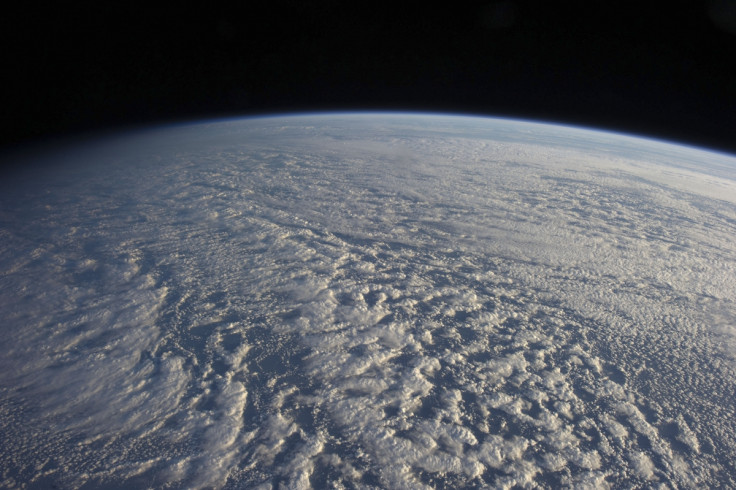Global Warming Pause 'Due to Atlantic Ocean Carrying Heat Deep Down'

The Atlantic ocean could be contributing to the 'pause' in global warming by drawing down heat by nearly a mile, according to a new study.
The research from the University of Washington shows that heat from the surface is plunging deep in the north and south Atlantic, affecting the balance between incoming heat and heat radiated back into the atmosphere. The study is published in Science.
Recent measurements of ocean temperature made by thousands of buoys and observations of Earth's radiative energy by satellite instruments have shown that the Earth is warming up. In fact, Earth's heating rate increased between the 1985-1999 and 2000-2012 periods.
But this increased heating has not directly corresponded with surface warming - and apparently, the answer could be found deep in the Atlantic.
The temperature at the Earth's surface depends upon where the heat is deposited in the oceans. If the upper levels warm, so too will the atmosphere above it. However, if ocean circulations cause more heat to be drawn down to deeper depths, then surface temperatures will cool.
Ka-Kit Tung, a University of Washington professor of applied mathematics and co-author Xianyao Chen of the Ocean University of China, observed deep-sea temperatures from Argo floats that sample the water down to 6,500ft (2,000m).
The authors say that fluctations in surface temperature are part of a cycle involving ocean circulation responses to changes in how dense the upper Atlantic Ocean layers are - ie, how saline they are.
The cycle starts when saltier, denser water at the surface northern part of the Atlantic, near Iceland, causes the water to sink, taking heat down with it. This changes the speed of the current in the Atlantic Ocean that circulates heat throughout the planet.
Recent observations at the surface in the North Atlantic show record-high saltiness, Tung said, while at the same time, deeper water in the North Atlantic shows increasing amounts of heat.
The cycle switches naturally between warm and cool because of tropical water being carried to the North Atlantic, warming the surface and deep water and causing ice to melt. In turn, this makes the surface water there less dense and after a few decades will set off the cooling phase.
After 30 years of warming, the researchers say we are now in the 'cool' phase.
The pause in global warming has been attributed to many environmental factors, with another recent study from ETH Zurich citing climate fluctuations like El Nino and solar irradiance. The team also said that global warming would continue once these natural fluctuations settle down.
© Copyright IBTimes 2025. All rights reserved.





















